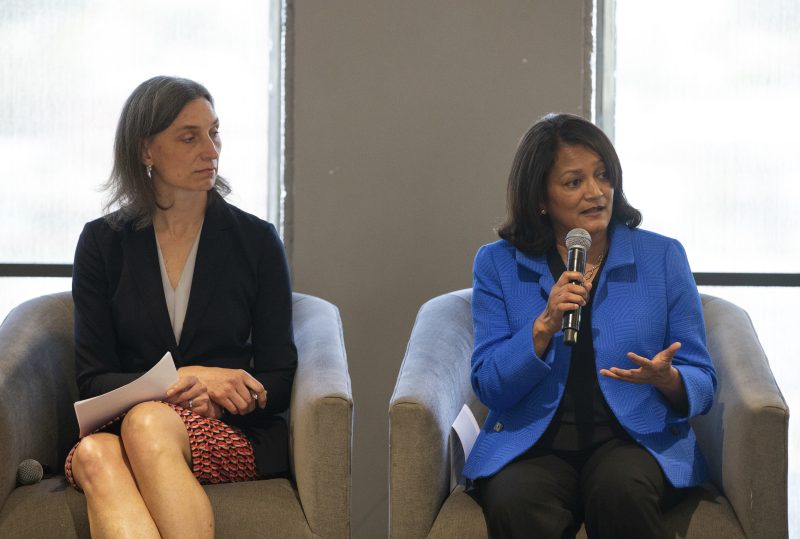Progressive Democrats: Bridging the Gap Between Activism and Electoral Success
The political landscape in the United States has seen a notable shift in recent years, with the rise of progressive Democrats who have been vocal in their support of social justice issues and economic equality. However, despite their efforts to mobilize grassroots activism and push for progressive policies, many have found it challenging to translate that energy into electoral victories. This article delves into the reasons why some progressive Democrats struggle to turn activism into election wins and offers suggestions for bridging the gap between the two.
One major hurdle that progressive Democrats face is the polarization of the political climate. In today’s deeply divided society, political beliefs have become increasingly entrenched, making it difficult for candidates on the left to appeal to a broad base of voters. While progressive policies may resonate with a significant portion of the population, they can also alienate more moderate or conservative-leaning voters. This ideological divide poses a significant challenge for progressive candidates, as they must find ways to effectively communicate their message without alienating potential supporters.
Another key factor that contributes to the disconnect between activism and electoral success is the lack of adequate infrastructure and resources. Progressive candidates often struggle to compete with more established incumbents or candidates backed by powerful interest groups. Without access to the same level of funding, campaign resources, or institutional support, many progressive Democrats find themselves at a disadvantage when it comes to running effective campaigns and reaching voters. This lack of support can hinder their ability to effectively mobilize supporters and get out the vote.
Furthermore, the role of identity politics and representation cannot be overlooked when discussing the challenges faced by progressive Democrats. While the party has made strides in diversifying its candidate pool and promoting diversity and inclusion, there remains a disconnect between the party’s leadership and the communities they seek to represent. In many cases, progressive candidates struggle to connect with voters on a personal level, leading to a lack of trust and enthusiasm among key demographics. As a result, these candidates may struggle to mobilize support and turn out voters on election day.
To bridge the gap between activism and electoral success, progressive Democrats must focus on building a strong and inclusive coalition that can effectively communicate their message to a diverse range of voters. This requires investing in grassroots organizing efforts, building strong relationships with community leaders and organizations, and mobilizing supporters at the local level. By engaging with voters on a personal level and addressing their concerns and priorities, progressive candidates can build trust and enthusiasm among key demographics, increasing their chances of electoral success.
Additionally, progressive Democrats must work to develop a clear and compelling narrative that resonates with a broad base of voters. By framing their policies and priorities in a way that highlights their universal benefits and appeals to shared values, candidates can overcome the ideological divide and reach voters across the political spectrum. This requires effective messaging, strategic communication, and a willingness to engage with voters on the issues that matter most to them.
In conclusion, progressive Democrats face significant challenges in translating activism into electoral success, but there are steps they can take to bridge the gap. By focusing on building a strong coalition, investing in grassroots organizing, and developing a compelling narrative, progressive candidates can increase their chances of winning elections and advancing their policy goals. With dedication, hard work, and a commitment to engaging with voters on a personal level, progressive Democrats can build a brighter future for all Americans.
